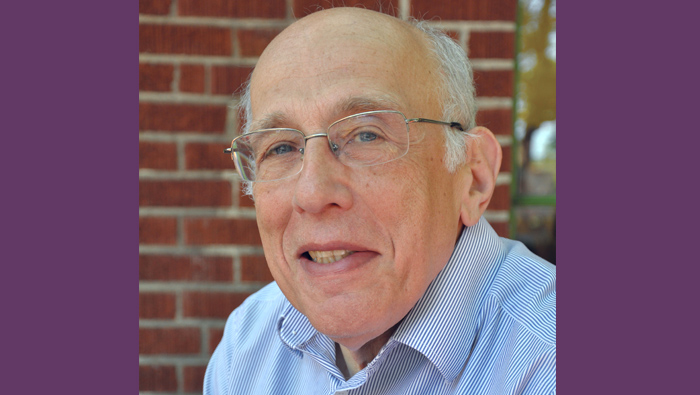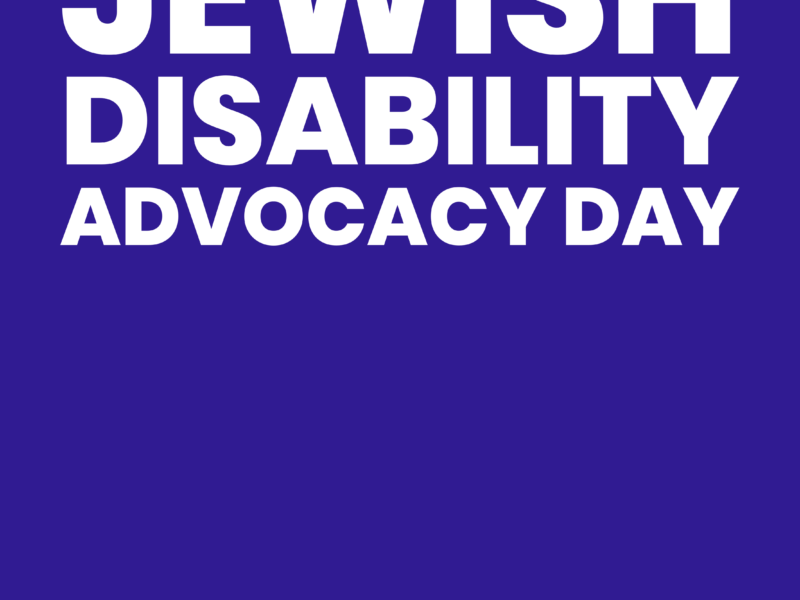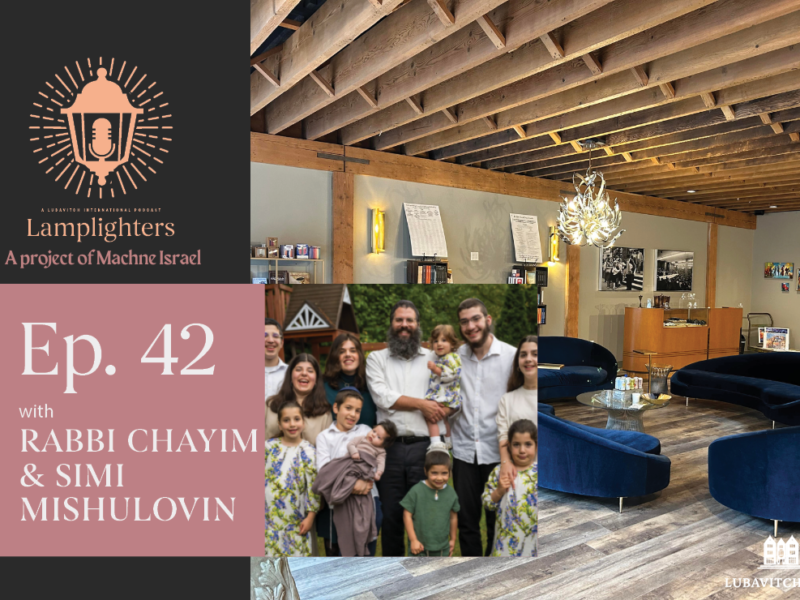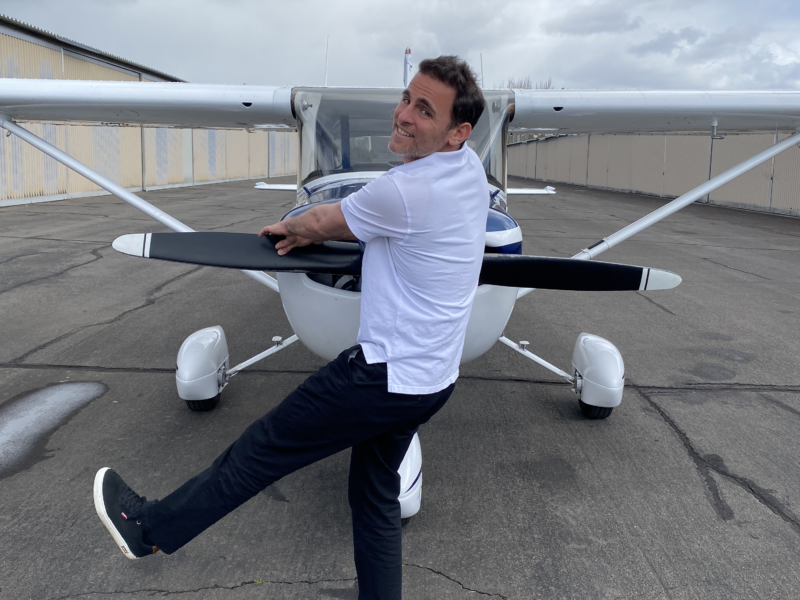
During a casual conversation with his father in 1993, Portland neurologist Dr. Richard Rosenbaum suddenly asked, “Dad, how long have you had Parkinson’s?”
“What?” replied Dr. Edward Rosenbaum, then 78. He went on to live with the disease for 16 years, dying in 2009 at the age of 94.
“He was a physician,” says Richard. “I couldn’t believe he had it and didn’t know.”
Parkinson’s disease – a motor system disorder often characterized by tremors, slowness, rigidity and impaired balance – is a progressive disease whose early symptoms are subtle and can come on gradually.
“Sometimes it is hard to diagnose and sometimes it is clear at a glance,” says Richard. Watching his father that day, it was apparent to him that his dad had Parkinson’s.
A board-certified neurologist practicing at The Oregon Clinic and a clinical professor of neurology at Oregon Health Sciences University, he has focused much of his practice and teaching on Parkinson’s since his father’s diagnosis.
“I was not his doctor, but reading, teaching and writing about Parkinson’s with his help increased my commitment to people with Parkinson’s disease,” he says, adding he also accepted a post on the board of Parkinson’s Resources of Oregon, the local patient support organization.
Currently he is working to make Portland “Parkinson’s ready” for the arrival of some 3,500 to 4,000 people, many with Parkinson’s, for the Fourth World Parkinson Congress later this month (see box). He has talked with doctors and ER staff at hospitals and medical facilities nearest the convention center to prepare them for potential emergency medical needs of people with Parkinson’s. (He hopes no one needs emergency care, but wants doctors to be prepared.) Other people on the local committee are talking to TSA, cab drivers, bellhops and police about how to interact with people with Parkinson’s.
“People with Parkinson’s have a wide variety of needs,” says Richard. “Ask what they need and listen. Some don’t need any help, some need an arm to lean on or a push in their wheelchair.”
Some of the information he is relaying to the Portland community may be similar to the guidance he provided in his 2006 book, Understanding Parkinson’s Disease: A Personal and Professional View, which helps those with the disease and their families, friends and caregivers understand the disease and its progression, treatment options, variations in prognosis and research that he hopes will ultimately halt the progression of the disease.
The book is also a personal reflection on his father’s experience. Richard was perhaps inspired to write the book by his father’s experience as the author of A Taste of My Own Medicine: When the Doctor Is the Patient. The success of his autobiographical book, renamed The Doctor, and the 1991 movie of the same name starring William Hurt made Dr. Edward Rosenbaum a sought after speaker at medical schools and conventions. The book chronicles his battle with throat cancer and his experience with the medical profession from the patient side of the fence. His speeches focused on how doctors should treat patients and on his delayed diagnosis.
The latter was an ironic subject for him to be sharing with medical students on his speaking tour, says his son. “We have a tape of him giving a talk in 1992, a year before my abrupt question, and his hands were clearly trembling. He was talking to students about why the diagnosis of his throat cancer was delayed, and another diagnosis was there in front of everybody’s eyes and no one noticed it.”
About a decade later, Richard’s Uncle William was also diagnosed with Parkinson’s. He will turn 100 shortly before the start of the WPC in Portland this month.
While it has long been known that Parkinson’s tends to run in families, in recent years specific genes have been tied to increased risk of developing the disease. Two such genes, one of which causes Gaucher’s disease if a person inherits the mutated gene from both parents, are more common in people of Ashkenazi Jewish ancestry. The second gene, LRRK2, is common in the Basque population of Spain and the Berber population of North Africa. The percentage of those with the gene who will ultimately get Parkinson’s is still not certain. Additionally, Richard says that genetic testing is not recommended since there is no known way to prevent Parkinson’s. It helps to get plenty of exercise, eat well and live healthy, “which we all should be doing anyway.”
But for those who have developed Parkinson’s, Richard says the upcoming conference offers a wealth of information to help people cope with the disease.
“I believe the more informed people are, the more likely somebody can deal with it,” he says.
The conference offers a variety of sessions; the conference program notes which sessions are scientifically rigorous.
“All are welcome together at all sessions,” says Richard. “I asked WPC Executive Director Eli Pollard, ‘What is the effect of having people with Parkinson’s in the same sessions as researchers?’ She told me that researchers say people with Parkinson’s inspire them with new ways to do research; it is a helpful interaction.”
While researchers gain ideas, people with Parkinson’s can learn about new medicines they can ask their doctor about and new forms of exercise and nutrition that are proving helpful.
Richard believes that research will find a way to halt the progression of the disease. A way to stop the progression would mean early screening would be imperative, he says. For instance, many people lose their sense of smell a decade before Parkinson’s tremors and slowness develop. Someday genetic screening might be recommended.
“If we can stop the progression, we could take people on the verge of developing (the disease) and treat them before they are affected,” says Richard.
“It is an illness we are going to solve early in this century,” he says.
Fourth World Parkinson Congress
WHEN: Sept. 20-23
WHERE: Oregon Convention Center, 777 NE Martin Luther King Jr. Blvd., Portland
WHO: Everyone who is touched by Parkinson’s – whether a patient, researcher, family member, clinician, nurse or rehab specialist – is welcome.
INFORMATION: wpc2016.org





